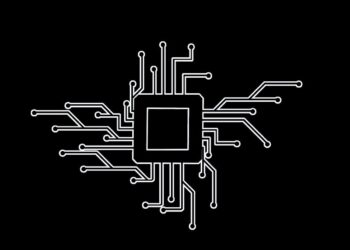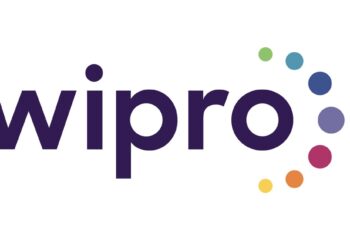With continuous tech advancements, quantum computing driving towards a phase of commercialization that may change our world. Quantum computers can manage and proceed with multiple, extensive, and complex data more efficiently. Quantum computers promise to unleash incredible computing power that’s not only capable of directing current computational limits but finding new solutions to unsolved scientific and social mysteries. It can now drive social and business transformations with more advancements and efficiency.
More than just business
Quantum computing holds an immense assurance in setting a positive, inclusive, and human-centric future. The use of quantum computers is driven by its potential to simulate quantum structures and behaviors. The assurance is being observed guardedly by current scientists who claim quantum computing is still far from making a significant meaning.
This confirmed quantum computing is assumed to open much-needed opportunities in the pharmaceutical investigation. Drug advancement time usually takes approx 10 to 12 years, and massive investment is considered to reduce considerably, alongside the potential to open unique chemical compositions that may be beyond the limits of current classical computing.
Quantum computing can also help scientists with more reliable weather forecasting, and provide specific data that can help save significant amounts of agriculture production from loss.
Quantum computing ensures a more advanced and enhanced future, and while humans are poised to benefit significantly from this revolution, businesses too looking unapparelled advancement.
What can businesses expect from quantum computing?
If we see quantum computing with a business perspective, we can say that more of the world is at “they don’t know what they don’t know” stage. Data points are revealing, and it is becoming clear that It solve problems that cannot be addressed by today’s classical computers, It is far more advanced than advanced classical computer machines.
Example: In the automobile sector, quantum computing is helping to make the battery and self-driving technologies, while Volkswagen using quantum computing to match patterns and predict traffic status in advance, ensuring a smoother movement of traffic.
In supply chains, logistics and trading are taking a vital advancement from the higher computing power, and high-resolution modeling it can provides, combining a tremendous intelligence using Machine Learning (ML).
For business, the possibilities are endless and beyond above-highlighted examples — sectors like healthcare, banking and financial services, and IT. Yet a new strategy is needed. The organization that moves forward with quantum computing will be those that build value chains to exploit new insights and form an management system to match the high-resolution view of the company that will arise.
The current state of play
Many tech organizations increases there spending in this field; still, there are lots more to go. IBM, the first quantum computing company and has studied the technology far back in 1973. Recently in 2016, IBM launched its first of many further quantum computers, which is also the first in the market. Recently, there is also a talk of prototype quantum computers performing computations that would have earlier taken 10,000 years in just 200 seconds. Though, of course, compelling, this is only one of the furthermore steps needed to obtain the significant success in quantum computing.
It is essential to understand how and when we are going to adopt quantum computers. We saw a business revealing its intentions to make a prototype quantum computer available on its cloud, something we will all be capable of buying or accessing some time from now. Once organizations see benefits and understand the value of quantum computing, they will be able to offer new products and solutions to the market that nobody else has. However, productizing and integrating quantum computing into products may require more effort.
The hybrid model of the future
One relevant question comes in mind from all this: do we see the beginning of the end for current classical computing? Once you see exact facts, you will relize, no, it’s not. With the appearance of full and practical quantum computers, we’re looking a hybrid computing device arising where digital binary computers will co-process and co-exist with quantum Qbit computers. The processing and resource sharing requirements expected to be optimized using real-time data analysis, where quantum takes over exponential computational assignments. Quantum computing is not going to replace digital computers but about coexistence, enabling formed computing that handles different-different tasks in real-time, like humans left-right brains for analytical and artistic dominance.
Having a strategic and organized approach towards the integration of quantum computing will not only take some of its mystery away but reveal its actual strategic business value, helping us to know when and how to become part of this once in a lifetime revolution.




















